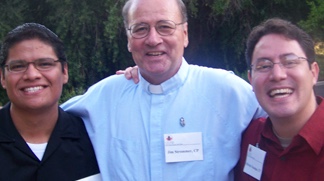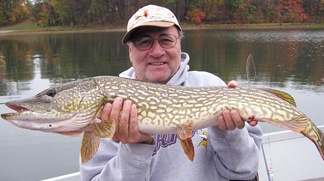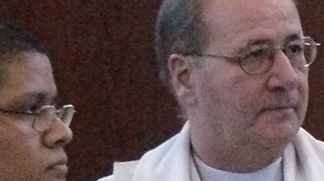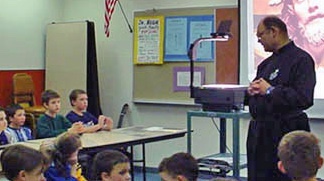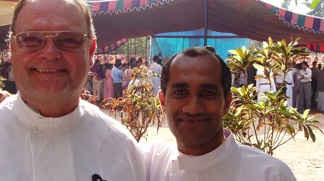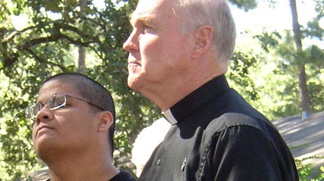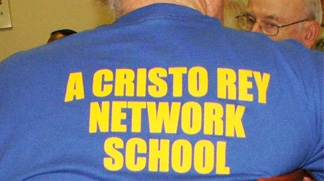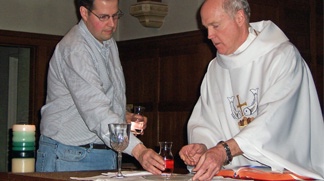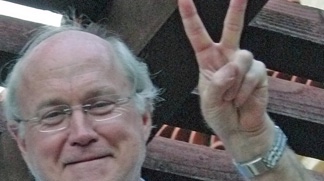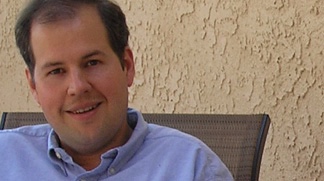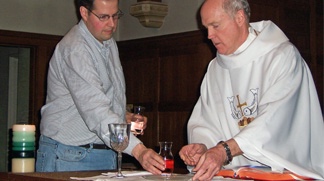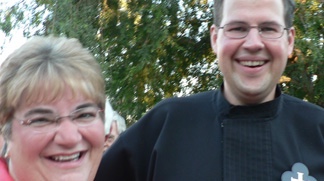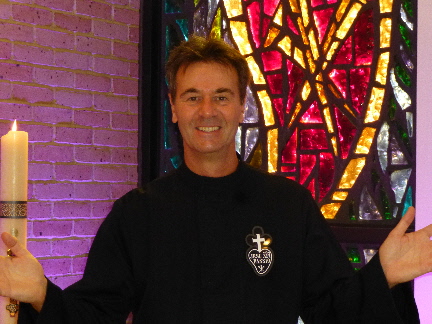[email protected]
Telephone 773.631.6336
“My Passionist way of life has given me a sense of meaning. There are stages along the way: theological, spiritual, and personal development; coming to understand myself in relationship with the Passion, death and resurrection of Jesus. So, it becomes a way of reflecting on events in my life, on my own growth, my spirituality, my relationship with God, my relationship with Jesus, the priesthood, and my ministry.”
Questions and Reflections
How has your experience of prayer changed over the course of the years?
My experience of prayer over the years has become much more personal, to the extent that I have some sense of meaning in relationship to Jesus crucified. So, it’s a backdrop for my own contemplation. Prayer provides the touch points for reflecting on events that happen during the day and it’s also kind of a quiet way to be with God in terms of the Passion of Christ and the suffering of people.
The fourth vow that we take, our vow to keep the Memory of the Passion alive, sets us apart from other religious orders. What is your understanding of that fourth vow?
Well, in our early days, in early formation, there were certain things that we had to do to get a sense that we had fulfilled this fourth vow. If you weren’t a preacher, for example, you’d say certain prayers each day as a kind of a ritual keeping of the vow. Memory is something that happens. It’s something that happens spontaneously. Something ticks off a memory of something else, it becomes a memory of my own relationship with Christ in his Passion— it could be a memory of the suffering of somebody else, which becomes internalized—it’s much more of the heart. Just as memory is a kind of function of the Spirit, so it is with the fourth vow for me.
When you look at your own life, how do you think your life has been shaped by the Passion?
My Passionist way of life has given me a sense of meaning. There are stages along the way: theological, spiritual, and personal development; coming to understand myself in relationship with the Passion, death and resurrection of Jesus. So, it becomes a way of reflecting on events in my life, on my own growth, my spirituality, my relationship with God, my relationship with Jesus, and the priesthood, my ministry.

